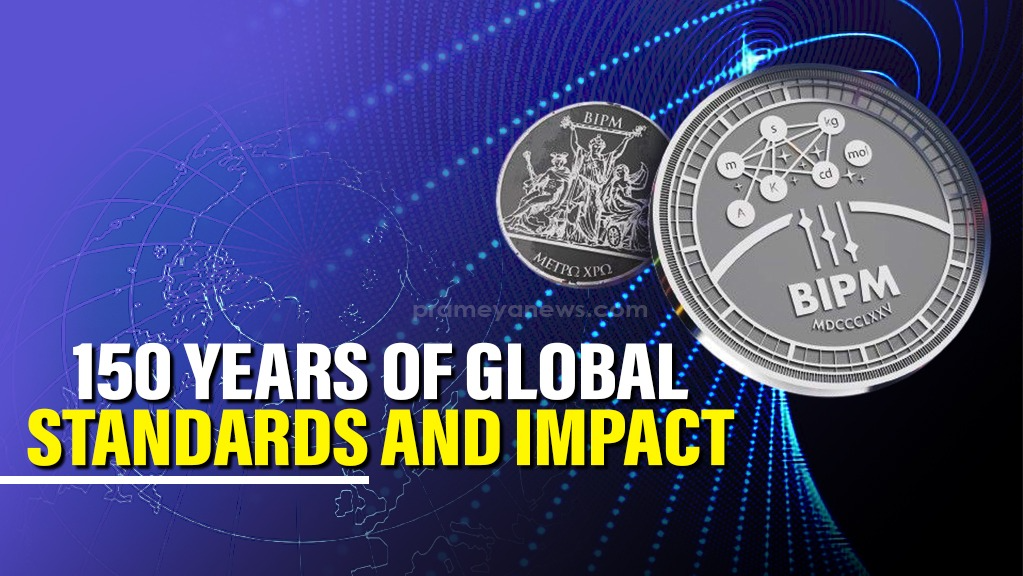

World Metrology Day 2025 Commemorates 150 Years of Global Measurement Accord
Today, Tuesday, May 20th, 2025, marks the global observance of World Metrology Day, an annual event dedicated to highlighting the critical importance of the science of measurement—metrology—in our everyday lives, technological advancements, and environmental stewardship. This year's commemoration is particularly noteworthy as it coincides with the 150th anniversary of the Metre Convention, a foundational international agreement.
Celebrating the Science of Measurement
The theme for World Metrology Day 2025, "Measurements for all times, for all people," underscores the pervasive and enduring influence of accurate measurements in shaping human history, current societal functions, and future progress. Metrology is fundamental to scientific discovery, industrial innovation, fair trade, ensuring quality of life, and supporting environmental conservation efforts, aligning with UNESCO's objective to advance science for global betterment.
Marking 150 Years of Standardized Measurement
The May 20th date specifically honours the signing of the Metre Convention in Paris in 1875. This landmark treaty formally established the metric system and created a framework for international uniformity in measurements, ensuring consistency and fairness in research, industry, and commerce worldwide. The International Committee for Weights and Measures (CIPM) initiated the annual celebration of World Metrology Day in 1999 to recognize the profound impact of this convention. Each year, national metrology institutes, legal metrology authorities, and various stakeholders across more than 50 countries participate in events and activities to raise awareness about metrology's contributions.
World Metrology Day serves as a vital reminder of how the often-unseen science of measurement underpins nearly every aspect of modern existence. The 150th anniversary of the Metre Convention in 2025 provides a special opportunity to reflect on the historical achievements in global measurement harmonisation and to consider its ongoing importance for future innovation and sustainable development.